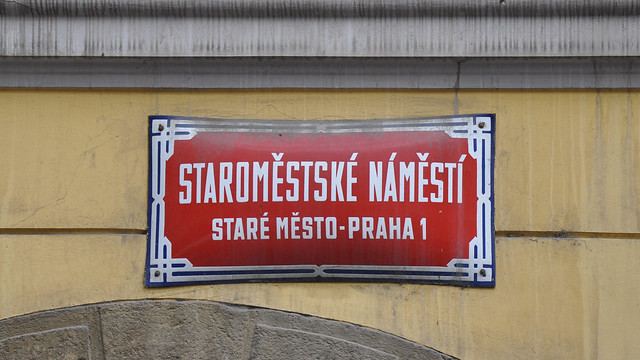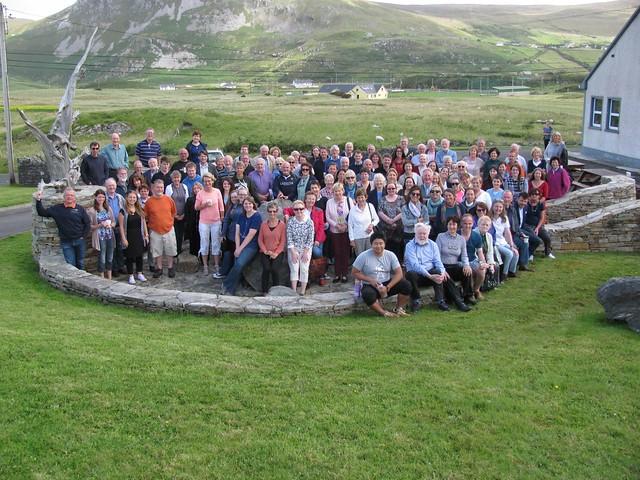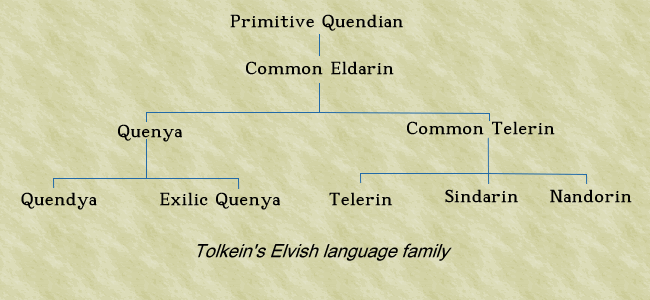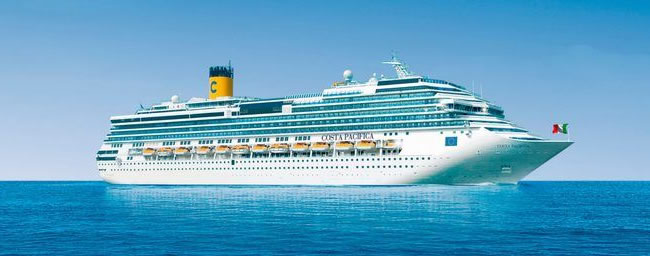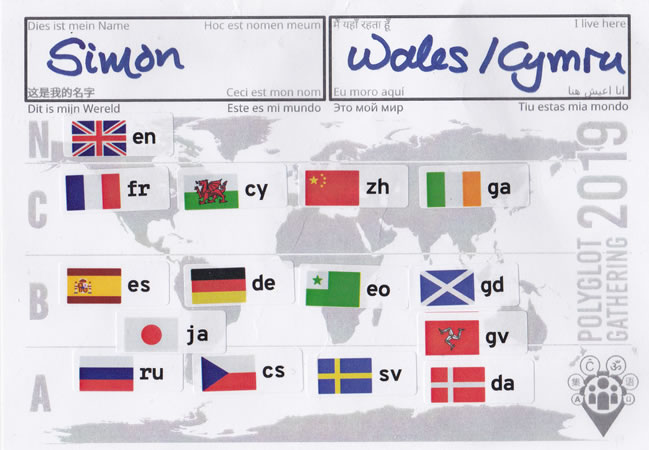Podcast: Play in new window | Download
In this episode I talk about the Czech language (čeština / český jazyk). I give an overview of the language itself, talk about my efforts to learn it.
Examples of Czech noun cases
- Nominative: (Já) ji vidím = I see her
- Genitive: Její květy jsou modré = Her flowers are blue
- Dative: Dávám jí květiny = I give her flowers
- Accusative: Ona mě vidí = She sees me
- Vocative: Ahoj Evo = Hi Eva
- Locative: Jsem doma = I am at home
- Instrumental: Ona cestuje autobusem = She is travelling by bus
Some Czech tongue twisters without vowels
- Chrt pln skvrn zdrhl z Brd.
A greyhound full of spots escaped from the Brdy (mountains) - Chrt pln skvrn zhltl hrst zrn.
A greyhound full of spots swallowed a handful of grain. - Chrt pln skvrn vtrhl skrz trs chrp v čtvrť Krč, prv zhltl čtvrt hrst zrn.
A greyhound full of spots barged through a tuft of cornflowers into the Krč neighbourhood, (but) first, it swallowed a quarter-handful of grain. - Plch zdrhl skrz drn, prv zhltl čtvrthrst zrn.
A dormouse escaped through a turf; first it swallowed a quarter-handful of grain. - Zdrhl krt skrz drn, zprv zhltl hrst zrn.
A mole escaped through a turf; first, it swallowed a quarter-handful of grain. - Vlk pln žbrnd zdrhl hrd z mlh Brd skrz vrch Smrk v čtvrť srn Krč.
A wolf full of poor-quality beverages escaped proud from the mists of Brdy through the Smrk hill into the roe deer district of Krč. - Prd krt skrz drn, zprv zhlt hrst zrn
A mole farted through grass, having swallowed a handful of grain - Škrt plch z mlh Brd pln skvrn z mrv prv hrd scvrnkl z brzd skrz trs chrp v krs vrb mls mrch srn čtvrthrst zrn
A miser dormouse from the mists of Brdy full of spots from manure, firstly proud, pushed (with its fingers in a specific way) a dainty of bitchy roe deer, quarter-handful of grain, off the brakes through a tuft of cornflowers into the dwarfed willows.
Source: https://cs.wikipedia.org/wiki/Strč_prst_skrz_krk
Translations and recordings by Rhee Diculous
Information about Czech
https://www.omniglot.com/writing/czech.htm
https://en.wikipedia.org/wiki/Czech_language
https://en.wikipedia.org/wiki/Czech_orthography
https://en.wikipedia.org/wiki/Czech_phonology
https://en.wikipedia.org/wiki/Czech_conjugation
https://en.wikipedia.org/wiki/History_of_the_Czech_language
Tunes features in this episode
Hedge Cats / Cathod y Gwyrch (played on the cavaquinho)
See the score for this piece
Hajej, můj zlatouškou (a Czech lullaby)
If you would like to support this podcast, you can make a donation, or contribute to Omniglot in other ways.
